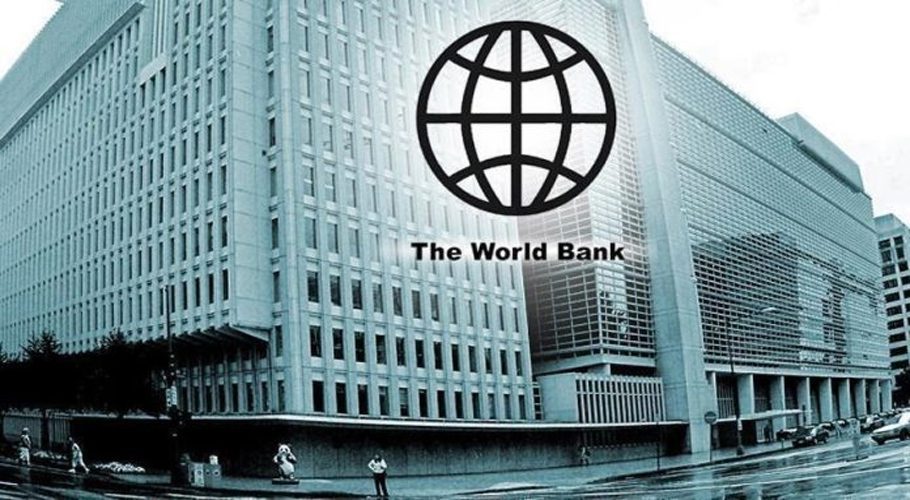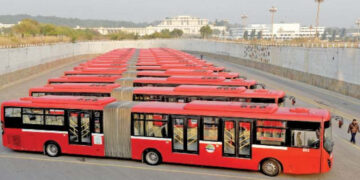![]() Follow Us on Google News
Follow Us on Google News
DES MOINES, Iowa: Donald Trump secured a resounding win in the first 2024 Republican presidential contest in Iowa on Monday, asserting his command over the party despite facing scores of criminal charges as he seeks an election rematch with President Joe Biden.
Trump took over half the votes, propelling him towards what looks set to be a close and deeply acrimonious election campaign against Biden, a Democrat, in November.
Florida Governor Ron DeSantis, 45, finished well behind Trump in second place in Iowa, edging out former U.N. Ambassador Nikki Haley, 51, as they both failed to emerge as the chief opponent.
Trump, 77, the only current or ex-U.S. president to be charged with criminal activity, won by an unprecedented margin for an Iowa Republican contest, strengthening his case that his nomination is a foregone conclusion given his massive lead in national polls.
Trump garnered 51%, DeSantis 21% and Haley 19%, with 99% of the expected vote tallied, according to Edison Research. That victory margin far surpassed the previous record of 12.8 percentage points for Bob Dole in 1988.
“THANK YOU IOWA, I LOVE YOU ALL!!!” Trump wrote on his social media platform, Truth Social.
He is hoping to fast-track the normally months-long Republican selection process with a series of convincing early primary wins to force out his rivals.
Entrepreneur Vivek Ramaswamy ended his long-shot presidential bid after winning just under 8% of the vote on Monday, and he endorsed Trump.
The candidates immediately move on to New Hampshire on Tuesday. The state’s more moderate Republicans will choose their nominee next Tuesday and polls show Trump with a smaller lead over Haley there, and DeSantis far behind.
Trump dominated across the board, according to an Edison entrance poll: he won a majority among men and among women; among those who consider themselves very conservative, somewhat conservative and independent; among those who graduated college and those who did not.
He captured a majority of Republicans who put immigration as their top concern – and a majority of those who said the economy was their main worry.


























![The severe water shortage highlights Pakistan’s ongoing struggles with water management and climate change impacts. [Image by Athar Parvaiz via dialogue.earth]](https://mmnews.tv/wp-content/uploads/2025/03/Jhelum-River-drought-120x86.jpg)







